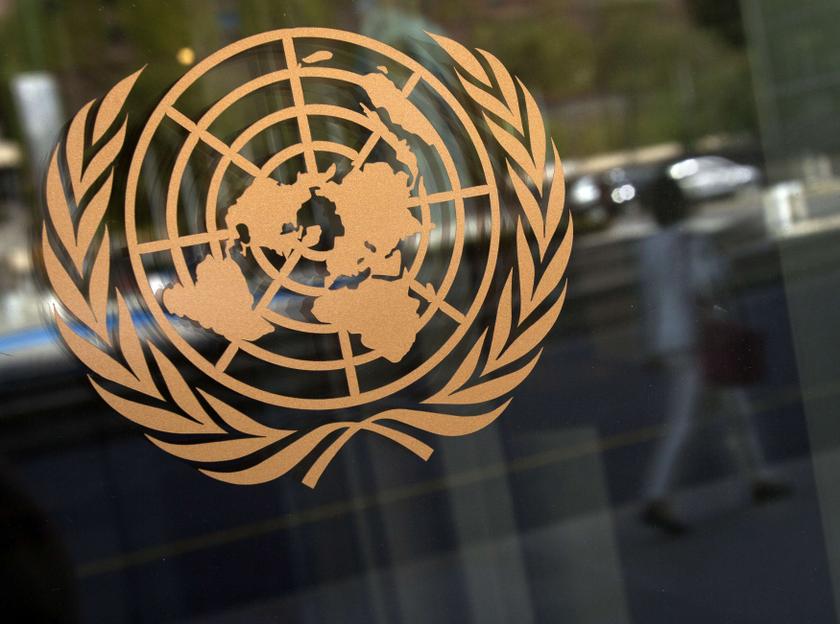PUTRAJAYA, Nov 8 ― Malaysia will face its third Universal Periodic Review (UPR) by the United Nations Human Rights Council (UNHRC) in Geneva, Switzerland tonight, even as the new Pakatan Harapan administration works to bolster the country’s human rights track record.
Putrajaya is expected to face scrutiny over its pledge to abolish capital punishment ― which was the major concern in its last run ― and issues involving women such as child marriages and female genital mutilation (FGM).
Checks by Malay Mail with the Office of the UN High Commissioner for Human Rights showed that Sweden, Portugal, Germany, Liechtentstein, United Kingdom, Belgium, Slovenia, and Australia have already submitted their advance questions for Putrajaya in the UPR.
At least five countries in the list above are curious over the next step taken by Putrajaya, after de facto law minister Datuk Liew Vui Keong announced that the Cabinet has agreed to the abolition of the death penalty in October this year.
“How does Malaysia intend to proceed with the abolishment? Is Malaysia considering, as an immediate measure, to commute all death sentences to terms of imprisonment?” asked Belgium.
“Could you outline in detail the complete process the government intends to follow for the abolition of the death penalty in Malaysia following the introduction of legislation to Parliament?” asked Australia.
In October 2013, the majority of countries which reviewed Malaysia’s human rights record in that UPR urged Putrajaya to implement a moratorium on capital punishment, with a view to abolish it.
Countries such as Sweden, the UK, and Belgium also questioned Putrajaya’s commitment to end child marriages, with the latter asking: “Which initiatives will the government of Malaysia take to curb the increasing trend of child marriages, both in civil and religious marriages?”
Last month, Deputy Prime Minister and women’s minister Datuk Seri Dr Wan Azizah Wan Ismail had said that the proposal to increase the marriage age to 18 has been presented the Conference of Rulers, as most limits are subjected to state laws.
Malaysia will also be asked about FGM, after the United Nations Convention on the Elimination of All Forms of Discrimination against Women (Cedaw) committee in its February review urged Putrajaya to eliminate the practice.
Representatives from Muslim-majority countries had criticised Malaysia for allowing the practice of FGM, even when it is no longer considered to be in line with Islamic teachings.
On Sunday, Malaysian Islamic Development Department (Jakim) director-general Datuk Mohamad Nordin Ibrahim said the federal religious authority will join the Malaysian delegation to answer questions regarding child marriages, FGM, and the treatment of lesbian, gay, bisexual and transgender (LGBT).
Malaysia first came under the UPR review on February 2009, and consequently accepted 62 of the 103 recommendations issued by the UPR working group.
In 2013’s UPR, Malaysia accepted 150 out of the 232 recommendations, but only 113 of those were accepted in full.
Held every four and a half years, the UPR is a UNHRC mechanism that was established in 2007 to improve the treatment of human rights in all 193 UN member states.
The process involves a three-hour interactive dialogue, where UNHRC members will question Malaysia based on reports prepared by the government, UN agencies, and the stakeholders’ report.
The Malaysian delegation will be led by Foreign Ministry secretary-general Datuk Seri Ramlan Ibrahim, and will include representatives from several ministries, Attorney-General’s Chambers, Jakim, Orang Asli Development Department, and Sarawak state government,
The three countries serving as rapporteurs for Malaysia’s review are South Africa, Nepal, and Cuba.



















